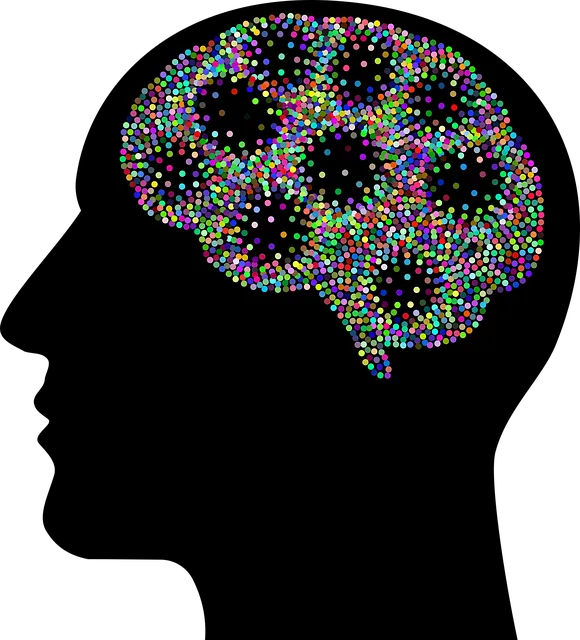Northglenn's Kaiser Permanente offers cutting-edge mental health coverage sensitive to diverse cultural needs. Their holistic approach combines specialized therapy, group support, and educational workshops, empowering individuals while bridging language barriers. By integrating cultural competence through training and Risk Management Planning, KP Northglenn creates inclusive spaces that respect individual beliefs, leading to improved patient outcomes, increased trust, and enhanced overall well-being.
Cultural sensitivity is an essential aspect of providing quality mental healthcare, ensuring equitable access, and improving patient outcomes. This article explores the significance of cultural competence within the context of Northglenn Kaiser Permanente’s comprehensive mental health services. We delve into how understanding diverse cultural perspectives can enhance patient care, highlighting specific strategies employed by Kaiser Permanente to integrate cultural sensitivity. By examining these approaches, we aim to showcase their positive impact on patient experiences and overall well-being.
- Understanding Cultural Sensitivity in Mental Healthcare
- Northglenn Kaiser Permanente Mental Health Coverage: A Comprehensive Overview
- Integrating Cultural Competence for Better Patient Outcomes
Understanding Cultural Sensitivity in Mental Healthcare

Cultural sensitivity is a cornerstone in providing effective mental healthcare services, especially within diverse communities like Northglenn, where Kaiser Permanente offers comprehensive mental health coverage. It involves recognizing and respecting the unique cultural beliefs, values, and practices that shape individuals’ experiences of mental illness and their paths to healing. This awareness transcends simple language translation, delving into the intricate web of social, historical, and environmental factors that influence a person’s well-being.
Mental health professionals play a pivotal role in fostering understanding and bridging cultural gaps. Through Risk Management Planning for Mental Health Professionals, practitioners learn empathy-building strategies to create safe spaces for clients from various backgrounds. By integrating these skills, they can facilitate the Emotional Healing Processes, ensuring that care is not just culturally sensitive but also tailored to meet the specific needs of each individual, fostering a holistic approach to mental healthcare.
Northglenn Kaiser Permanente Mental Health Coverage: A Comprehensive Overview

In Northglenn, Kaiser Permanente offers a comprehensive mental health coverage program designed to address diverse cultural needs and promote emotional well-being. The initiative leverages a multi-faceted approach that includes specialized therapy services, group support sessions, and access to crisis intervention guidance tailored to individual cultural backgrounds. This holistic strategy ensures that patients from various ethnic, racial, and socioeconomic groups receive culturally sensitive mental health care.
The program prioritizes Mental Health Awareness by providing educational resources and workshops aimed at destigmatizing mental health issues. Through these initiatives, Kaiser Permanente Northglenn fosters an environment where individuals feel empowered to seek support for their emotional well-being. By combining advanced treatment techniques with a focus on cultural sensitivity, the organization is revolutionizing mental healthcare, offering guidance that transcends language barriers and resonates deeply with each patient’s unique experience.
Integrating Cultural Competence for Better Patient Outcomes

Integrating cultural competence into mental healthcare practices is essential for improving patient outcomes, especially within diverse communities like Northglenn where Kaiser Permanente offers comprehensive mental health coverage. By understanding and respecting patients’ cultural backgrounds, mental health professionals can create a more inclusive and effective therapeutic environment. This approach ensures that treatments are sensitive to the unique needs and beliefs of each individual, fostering trust and engagement.
For instance, incorporating self-awareness exercises tailored to diverse cultures can significantly enhance mood management. Mental health awareness programs that acknowledge and incorporate traditional healing practices or community support systems can better address the holistic well-being of patients. This cultural sensitivity not only improves patient satisfaction but also leads to more positive outcomes, as research indicates that culturally competent care reduces barriers to treatment and encourages long-term recovery.
Cultural sensitivity is a cornerstone of quality mental healthcare, ensuring that services are accessible and effective for all. By integrating cultural competence, as demonstrated by Northglenn Kaiser Permanente’s comprehensive mental health coverage, practices can improve patient outcomes and foster more inclusive environments. This approach recognizes the importance of understanding diverse cultural beliefs and backgrounds to provide tailored support and address mental health disparities.






